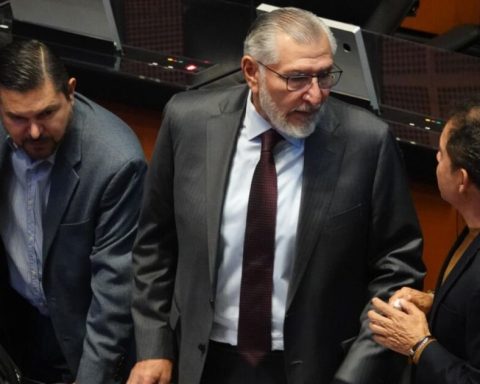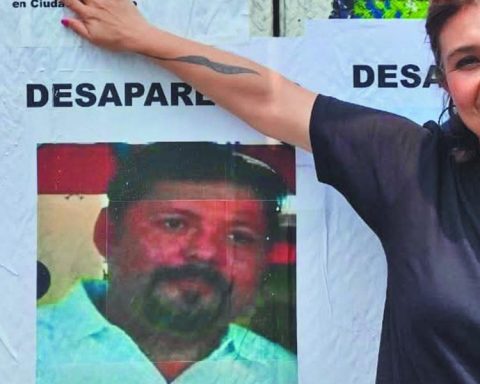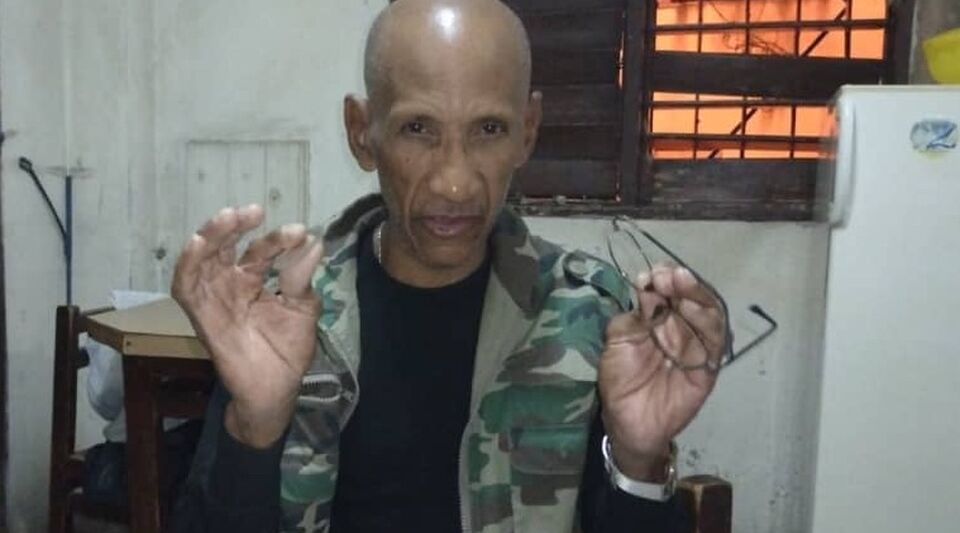The United States embassy in Havana on Wednesday resumed full processing of immigrant visas and consular services for the first time since 2017, in an attempt to stem the record flow of undocumented immigrants from the northern Caribbean island.
The embassy, situated on Cuba’s waterfront boardwalk, reduced services in 2017 after several of its staff suffered from a still largely unexplained ailment dubbed “Havana Syndrome.” The condition was first reported among US officials in 2016, and symptoms included nausea and memory lapses.
Instead, the Cubans were required to travel to Guyana for visa processing. The US embassy in Havana began limited visa processing last year and in September announced the full reopening in 2023, to “guarantee safe, legal and orderly migration of Cubans.”
At dawn on Wednesday, dozens of Cubans, some who had waited years for appointments, gathered in a small park near the embassy, showing their documents and chatting with relatives as they awaited instructions from embassy staff.
Barbara Nodas, 20, said she was waiting to obtain a visa that would reunite her with her father in Tampa, Florida, a process that took more than two years.
“The American dream of many people is coming true,” he said almost crying. “It’s a long-awaited moment.”
But Nodas, who traveled from eastern Cuba to collect his visa, is still among the lucky few who will travel north legally.
Washington last year issued 20,000 immigrant visas to Cubans, including a limited number to leave Havana, in line with previously signed immigration agreements, and has said it intends to do the same in 2023.
Cuba and the United States have also resumed once regular migration talks in an attempt to stem the flow.
Still, a record 250,000 Cubans left the island for the United States last year, most via dangerous routes and traveling overland from Central America north to the border or across the Florida Straits on rickety rafts.
Cuba blames the US embargo, a web of US laws and regulations that complicate business and financial transactions with the island, for crippling its economy and encouraging illegal migration.
Widespread shortages of food, fuel, medicine and electricity, made worse by the coronavirus pandemic, have sparked scattered unrest on the island and forced many to seek alternatives abroad.
















